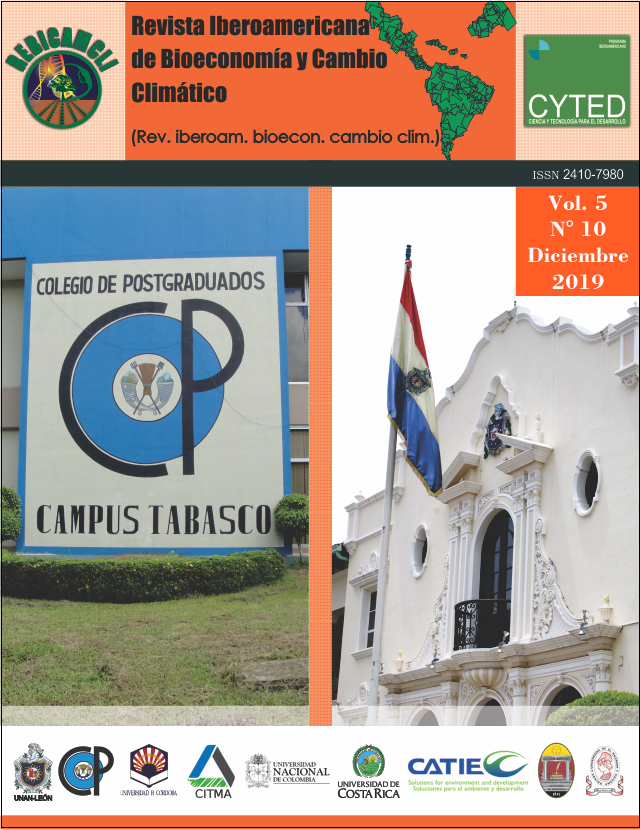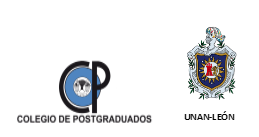Cane sugar production in El Salvador and its relationship with the variability of Solar and Geomagnetic Activity: An approach to Bio economics and Climate Change
DOI:
https://doi.org/10.5377/ribcc.v5i10.8946Keywords:
Climate Change, Heliobiology, Bioeconomy, Ecointensification, GeomagnestismAbstract
The present work is a contribution of the Bioeconomy in the productive path of Eco intensification, where the effects of climatic variability affect the productivity levels of sugarcane production. The eruptive Activity of the Sun and Space Weather are important elements of the cosmic environment that affect the variability of the planet's climate and numerous processes of the Biosphere and the Environment. The time series of productivity in the sugar industry in El Salvador for a period of 31 years (1985-2015) were analyzed from the data published in the Yearbook of Agricultural Statistics, DGEA-MAG, in relation to the rainy regime for that same period and with two indexes of the Space Weather. The work was carried out in different phases in Cuba, El Salvador and Mexico. The objective of the work was to assess the hypothesis that establishes the associations between these variables (sugar production series and spatial climate indices) and at the same time confirm the possible influence for this Central American territory, and the sample with which it was contrasted. It is shown that there is a close synchrony between the Solar and Geomagnetic Activity and the sugarcane, molasses and sugar production indices, clearly manifesting in these last ones a multi-year cycle of approximately 10 to 12 years.
Downloads
1838
HTML (Español (España)) 42
Published
How to Cite
Issue
Section
License
Copyright (c) 2019 IBERO-AMERICAN JOURNAL ON BIOECONOMY AND CLIMATE CHANGE

This work is licensed under a Creative Commons Attribution-NonCommercial-ShareAlike 4.0 International License.
Copyright © Rev. iberoam. bioecon. climate change (Graduate School and UNAN-León, School of Agricultural and Veterinary Sciences / Department of Agroecology / Center for Research in Bioeconomy and Climate Cahnge (CRByCC).







